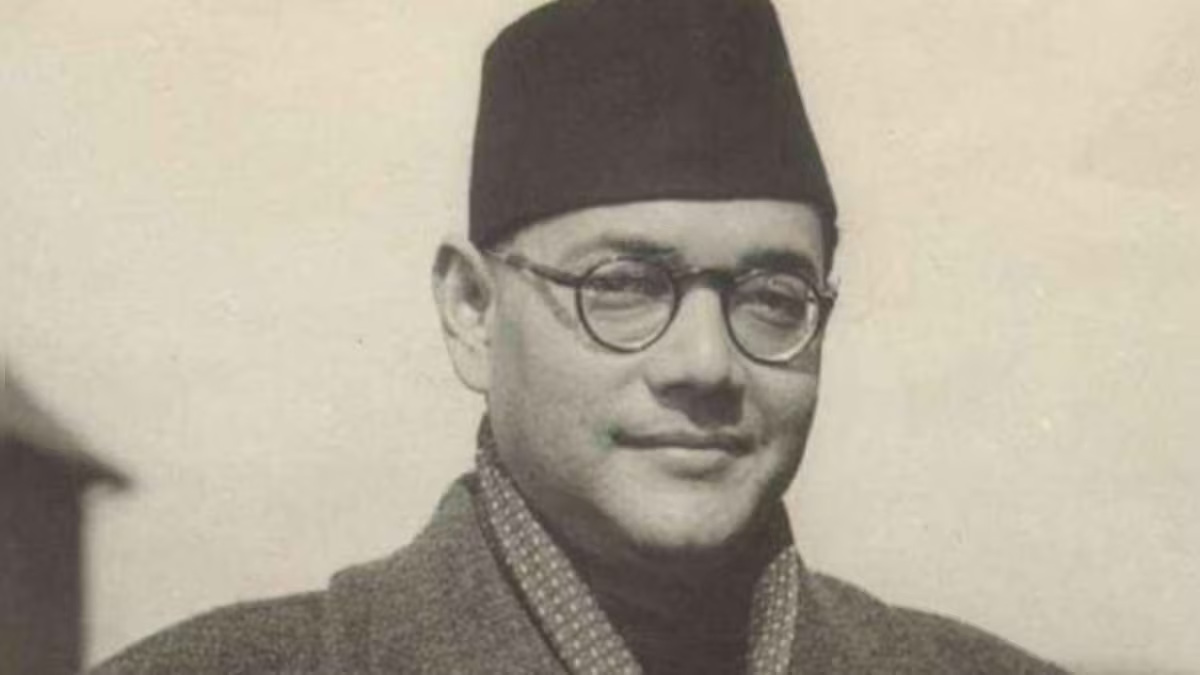Today, August 18, is a massive day.
On this day in 1945, Subhas Chandra Bose also known as Netaji, succumbed to his injuries after a devastating plane crash.
In 1958, Vladimir Nabokov’s outrageous and controversial novel Lolita was first published in the United States. In 2005, a major earthquake in Java and Bali left millions of people in the darkness.
If you are a history geek who loves to learn about important events from the past, Firstpost Explainers’ ongoing series, History Today , will be your one-stop destination to explore key events.
Subhas Chandra Bose dies in air crash
Subhas Chandra Bose is one of the biggest names in Indian history. Bose, the son of a wealthy Bengali lawyer, had joined the Indian freedom movement alongside countless others.
However, differences with Mahatma Gandhi over his non-violent approach against British rule – and Bose’s advocacy of industralisation compared to cottage industries – led to a falling out between the two men.
Bose, who had been president of the Congress Party, resigned his post in 1940 and founded the Forward Bloc. In 1941, he famously slipped out of India disguised as an Afghan. By 1945, Bose had been away from India for a few years. However, he continued fight the British by siding with the Axis Powers.
He had also founded the Indian National Army (INA) which comprised 40,000 members. However, after the United States dropped two nuclear bombs on Hiroshima and Nagasaki, Japan surrendered. Bose, getting news of the development, decided to go to Tokyo.
Impact Shorts
More ShortsHe first went to Saigon after which he got on a plane for Tokyo – which crashed soon after taking off. Bose is said to have suffered third degree burns and passed away at an army hospital.
It has now been over 80 years since Bose is widely believed to have died in the plane crash in Taiwan. Still, rumours about Netaji perhaps slipping away persist. Perhaps it is only fitting that there remains controversy and intrigue over the death of the revolutionary and freedom fighter.
Lolita debuts in US
Vladimir Nabokov, a Russian-born American novelist from an old aristocratic family, had published Lolita in France in 1955.
However, it was not until its publication in the United States in August 1958 that the novel caught on.
The tale of Humbert, a European intellectual, lusting after Dolores Haze aka Lolita took the world of literature and culture by storm.
The novel, which took place in small-town America, had been rejected by multiple publishers including Viking publishing for fear of its lurid themes of lust and pedophilia.
The book sold a massive 100,000 copies in a matter of weeks. Some hailed it as a brilliant piece of work and satire while other derided it as filth and pornography.
Lolita changed Nabokov’s life. Prior to the work, no book he had ever published made him more than a few hundred dollars. It remains Nabokov’s most famous work and one of the most enduring novels of the 20th Century.
Java-Bali power outage in 2005
In 2005, Java and Bali suffered a massive blackout – plunging over 100 million people into darkness.
The blackout, which came in the backdrop of Indonesia facing an electricity crisis, hit around 10:30 am local time.
The provinces of West Java, Banten and Jakarta were all affected, as were parts of the resort island of Bali.
It disrupted electricity to homes, businesses, and trains, and caused major traffic jams in the capital.
Train service was also suspended in Jakarta and outlying suburbs, and some domestic flights were either delayed or cancelled.
Many homes and business were still without electricity nearly five hours after the blackout occurred, and some schools sent students home.
At the Parliament building, some legislators and visitors were forced to break open an elevator door after being trapped for about 10 minutes, as per a local media report.
“Jakarta was completely blacked out. The supply to the city had gone,” Mulyo Aji, a general manager at Perusahaan Listrik Negara, which operates the power network, told BBC.
A Jakarta police spokesman said the problem seemed to be “purely technical” and not a result of sabotage.
“All vital projects are being protected and there is no sign of infiltration,” Tjiptono said at the time.
The cause of the blackout was identified as a critical failure in a 500 kV transmission line between Cilegon and Saguling in West Java.
)